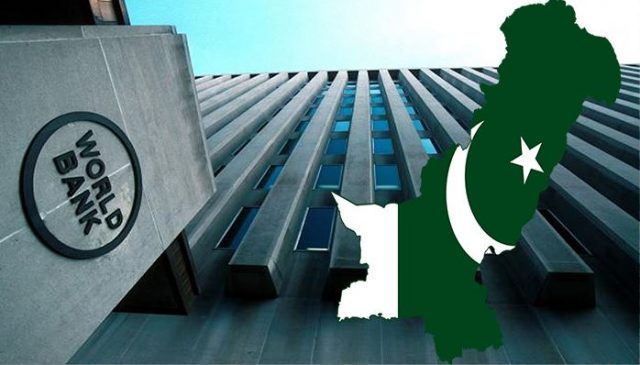Pakistan remains highly vulnerable to natural disasters, including earthquakes, floods, landslides, and water scarcity, which continue to undermine its infrastructure and endanger the welfare of its people, according to a recent World Bank report.
The report, titled “Evidence-based Targeting of Infrastructure Investments: A Model for Accessibility to Services in Pakistan’s Rural Communities,” ranks Pakistan fifth among the countries most affected by extreme weather events driven by climate change. It stresses the urgent need for resilient infrastructure and smarter investment strategies to protect rural communities.
The World Bank pointed out weaknesses in Pakistan’s road management, noting that road maintenance budgets are largely based on subjective visual inspections, leaving them vulnerable to political influence. The report further highlighted that insufficient revenue from tolls and rights-of-way (RoW) has strained resources, forcing road agencies to rely on shrinking public-sector development budgets.
Pakistan’s economy remains highly exposed to natural disasters, with floods posing the greatest threat. The catastrophic 2022 floods submerged one-third of the country, affecting 33 million people, displacing 8 million, and destroying 2.2 million houses alongside 13,000 kilometers of roads. Reconstruction efforts revealed the urgent need for a multi-sectoral prioritization tool to guide infrastructure development.
The report noted that road transport dominates Pakistan’s transportation landscape, accounting for 95% of both passenger and freight traffic. However, the reliance on road networks has overburdened them, particularly at the provincial level. Despite network expansion, the quality of provincial roads remains poor due to funding shortages and outdated asset management practices. Provinces typically allocate only 20% to 30% of the necessary maintenance budget, leaving the road network vulnerable to further decay.
The World Bank emphasized that accessibility to essential services remains deeply unequal, with rural communities, making up 62% of the population, facing significant disadvantages due to geography, inadequate road infrastructure, and poor conditions. These disparities restrict access to schools, healthcare, markets, and other basic services.
To address these challenges, the report called for evidence-based infrastructure investments focused on strengthening rural road networks, modernizing engineering standards, and embedding climate resilience in design and maintenance. These measures, the report argued, are crucial for alleviating poverty, building human capital, and improving long-term development outcomes.
In conclusion, the World Bank stressed that Pakistan needs a comprehensive and strategic approach to infrastructure planning. By closing accessibility gaps and prioritizing underserved regions, the country can lay the foundation for a more equitable and climate-resilient future.




